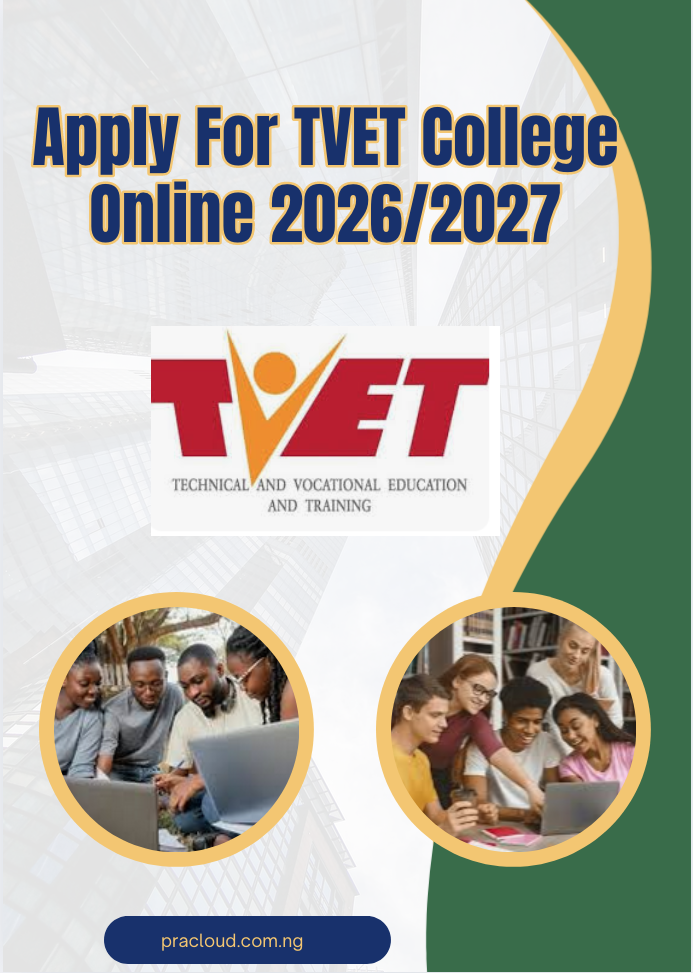Does NSFAS Pay For College Of Cape Town?
Does NSFAS Pay For College Of Cape Town?
Does NSFAS Pay For College Of Cape Town?
*Cape Town NSFAS Pay
If you are thinking about attending the College of Cape Town and want to know if NSFAS will pay for your education there, then continue reading. Student Support Services are offered by the College of Cape Town because they are concerned about their students’ welfare. They support their students in the NSFAS application process, which offers financial assistance to low-income households. The scholarship covers all courses.
The inability to realise one’s aspirations due to financial concerns should not be an excuse for students. With a variety of financial aid options available to students, the College of Cape Town gives young people optimism that they may contribute to the fight against poverty and the creation of jobs. The Department of Higher Education & Training (DHET) offers bright students in financial need access to vocational education and training at public FET Colleges through this bursary program.
If you meet the NSFAS requirements, you may receive funding to study at the College of Cape Town. Be sure to check the criteria, prepare your documents, and apply on time. With NSFAS support, you can focus on your studies and take confident steps toward a good future. This guide gives much information about the Cape Town NSFAS.
Who is Eligible to Apply for the DHET FET College Bursary?
In applying for the DHET FET College bursary, a student must meet the following eligibility criteria:
- Only South African Citizens are eligible for this bursary scheme.
- A student must be registered or intend to register in an NC(V) or Report 191 (NATED) program;
- Financially needy students with academic potential; and
- Evidence of good academic performance must be provided for all Levels.
Required Documents for the DHET FET College Bursary Application
The following must be on a student’s bursary application form for it to be accepted for processing:
- NC(V) or Report 191 program and Level registered for;
- Personal details (including contact numbers, email addresses, etc.);
- Certified Copy of Identity Document;
- Applicant’s current home address;
- Address while studying;
- Postal Address;
- Salary and other income information of the parent/guardian on whom the student is dependent (pensioners should submit an affidavit as proof);
- Details of next of kin (ID numbers, first names, surname, contact details, and relationship to student);
- Details of parent(s) and/or guardian(s) (ID numbers, first names and surname, and contact details);
- Residential address/addresses of parent(s) and / or guardian(s);
- Affidavits from parents/guardians if they are unemployed;
- Certified death certificates if parents/guardians are deceased;
- Number of family members in the household (include their certified ID copies); and
- Age and educational status (complete primary, incomplete secondary –Grade level for those still in school, complete secondary, diploma/certificate/degree) of members in the household.
The College of Cape Town firmly believes that these bursaries will help with skills development. The FET College sector has a growing role to play in the provision of intermediate to higher-level skills required to promote economic growth and development.
Applications for bursaries will be evaluated through a stringent screening process that has been established by the DHET and is managed by the National Student Financial Aid Scheme (NSFAS).
Where should I apply, and how?
At each campus, you can obtain application forms as well as information on how to apply by speaking with the bursary officer or the student support officer.
Who gets the money?
The money will be transferred directly to the College on behalf of the successful applicants.
No money is sent directly to the students.
The Financial Means Test
A set of standards that has been created by the DHET and NSFAS is included in their official method for evaluating bursaries.
It takes a number of criteria into consideration, and the specific terms are confidential.
Applying is preferable to speculating on the results because the system weighs the aforementioned factors and takes into account personal hardship (for which documentation is required).
Further information, including individual success stories
Visit the Access Trust website at www.accesstrust.org.za, email their offices at info@accesstrust.org.za or contact them at tel. 021 671 1521 for more information.
NSFAS can make studying at the College of Cape Town more affordable for students who qualify. Check the requirements, gather your documents, and apply as early as you can. With this support, you will have more freedom to focus on your studies and plan for a bright future. Hope this article has been helpful. Share your thoughts and suggestions in the comment section below. Click here for more information.
RELATED LINKS






